Pay according to job position linked to output results
The Ministry of Home Affairs is seeking comments on the draft Law on Civil Servants (amended). This bill is expected to be submitted to the National Assembly for consideration at the 10th session, taking place next October.
In the submission, Minister of Home Affairs Pham Thi Thanh Tra said that the Law on Public Employees was issued in 2010 and took effect from January 1, 2012, and was amended and supplemented in 2019. During its implementation, the Law on Public Employees has created an important legal basis for public employee management, building and improving the quality of the team, contributing to improving the quality and efficiency of public service units.
However, the implementation process also revealed some limitations and shortcomings that need to be studied and revised to suit the new stage, requiring revision to suit the practical situation.

The Ministry of Home Affairs is seeking comments on the draft Law on Civil Servants (amended). Illustrative photo.
The purpose of developing and promulgating the Law on Public Employees (amended) is to implement the Politburo 's policy on developing public service units, while at the same time resolving inadequacies, difficulties, and obstacles in the implementation process.
The draft is designed to reduce administrative procedures, overcome limitations and shortcomings of current laws, and at the same time meet the requirements of national governance innovation, building a team of professional, responsible, dynamic and people-serving civil servants.
On that basis, this amendment continues to promote the implementation of civil servant management and salary payment according to job positions linked to output results. Thereby, the recruitment, management, evaluation, arrangement and use of civil servants must be based on the requirements of the job position and the capacity, results and effectiveness of the civil servant's performance, aiming to eliminate the regulation of salary classification linked to the consideration of promotion of civil servant's professional title.
The draft also expands regulations on contract signing and acceptance to facilitate the transition from the private sector to the public sector and vice versa according to job requirements and actual capacity in a competitive, public, transparent and equal environment; and innovates the recruitment of civil servants.
The Law on Civil Servants (amended) aims to diversify recruitment methods in addition to the traditional examination and selection methods, adding the form of signing direct contracts to become civil servants with experts, scientists , and talented people suitable for the field of operation of public service units...
Another notable point is that the draft also prioritizes the selection of talented people, people with meritorious services to the country, and ethnic minorities; applies science and technology in the recruitment process; integrates with unified staff management data in each industry and field.
Officials are allowed to contribute capital, establish and operate enterprises.
This amendment also aims to expand the rights of civil servants in the direction that civil servants can sign contracts to perform professional activities at other public service units, in addition to the public service unit where they are currently working.
Officials are also allowed to contribute capital, establish, manage, operate, and work at enterprises established by the public service unit for which they are working, or participate in establishing them to commercialize research results, effectively exploit intellectual property, inventions, and digital technology created by that organization.
Officials are also considered for exclusion, exemption, or reduction of responsibility in the following cases: Complying with illegal decisions of superiors but having reported them.
“The draft Law on Civil Servants (amended) focuses on perfecting the human resource management mechanism in the direction of putting employees at the center, creating flexibility in the use of public and private human resources, creating a mechanism to attract high-quality human resources, cutting down on administrative procedures, overcoming limitations and inadequacies of current laws…”, the Minister of Home Affairs’ submission stated.
Regarding funding sources for implementation, the Ministry of Home Affairs proposes: The implementation of salary and bonus policies according to job positions for civil servants will continue to be implemented according to the current salary table until salary reform according to Resolution No. 27-NQ/TW.
The draft Law on Civil Servants (amended) proposes that civil servants are also considered for exclusion, exemption, or reduction of responsibility in the following cases: Complying with illegal decisions of superiors but having reported them.
According to tienphong.vn
Source: https://baotuyenquang.com.vn/xa-hoi/202508/bo-noi-vu-de-xuat-quy-dinh-moi-ve-tien-luong-tuyen-dung-vien-chuc-5425bb0/



![[Photo] Marching together in the hearts of the people](https://vphoto.vietnam.vn/thumb/1200x675/vietnam/resource/IMAGE/2025/8/31/8b778f9202e54a60919734e6f1d938c3)
![[Photo] General Secretary To Lam holds talks with First Secretary and President of the Republic of Cuba Miguel Diaz-Canel Bermudez](https://vphoto.vietnam.vn/thumb/1200x675/vietnam/resource/IMAGE/2025/9/1/a2eab2ee4e4a4a81a8c605e46055ab78)
![[Photo] The first meeting of the Cooperation Committee between the National Assembly of Vietnam and the National People's Congress of China](https://vphoto.vietnam.vn/thumb/1200x675/vietnam/resource/IMAGE/2025/8/31/f5ed4def2e8f48e1a69b31464d355e12)
![[Photo] President Luong Cuong receives Chairman of the House of Representatives (Lower House) of the Republic of Belarus Igor Sergeyenko](https://vphoto.vietnam.vn/thumb/1200x675/vietnam/resource/IMAGE/2025/9/1/a67d61e41405410999a43db45a0ba29c)
![[Photo] General Secretary To Lam presides over the welcoming ceremony for First Secretary and President of Cuba Miguel Diaz-Canel Bermudez](https://vphoto.vietnam.vn/thumb/1200x675/vietnam/resource/IMAGE/2025/9/1/4f6ef5136b90463db3ebdd3d3d83ebe4)



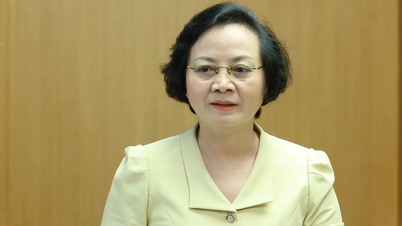





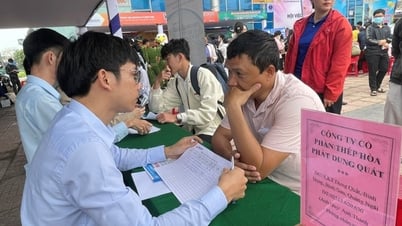












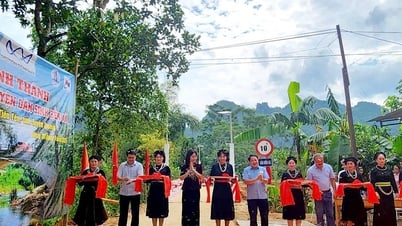

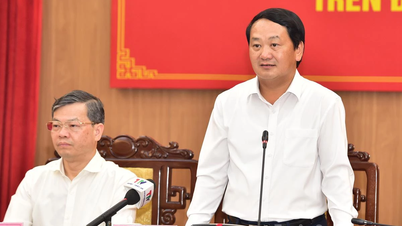


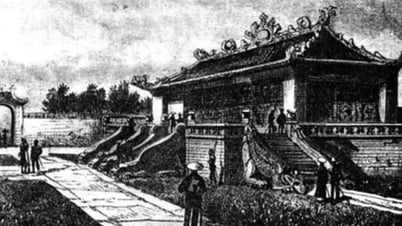
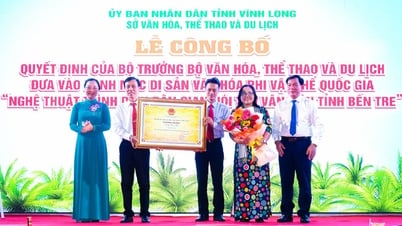






















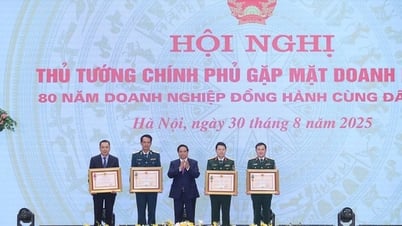
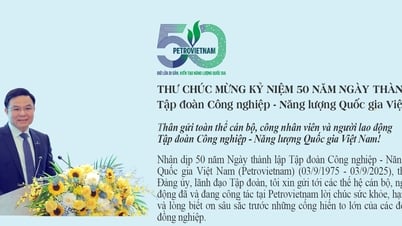



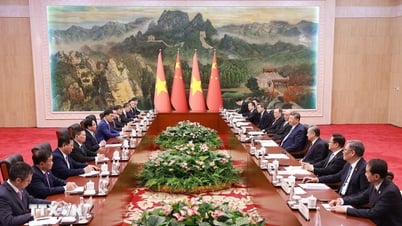

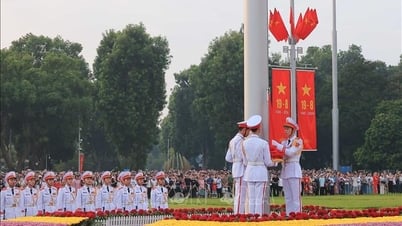

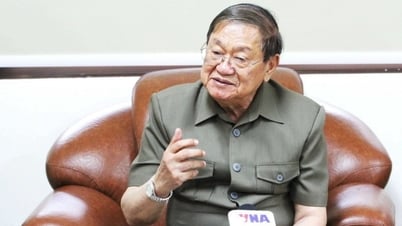



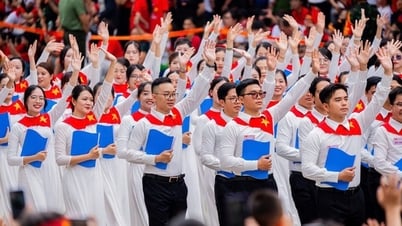





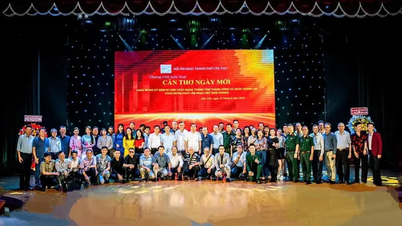


















Comment (0)